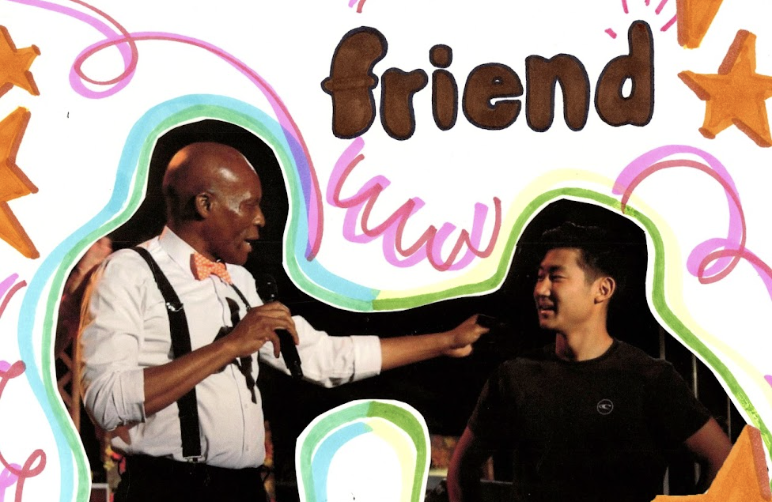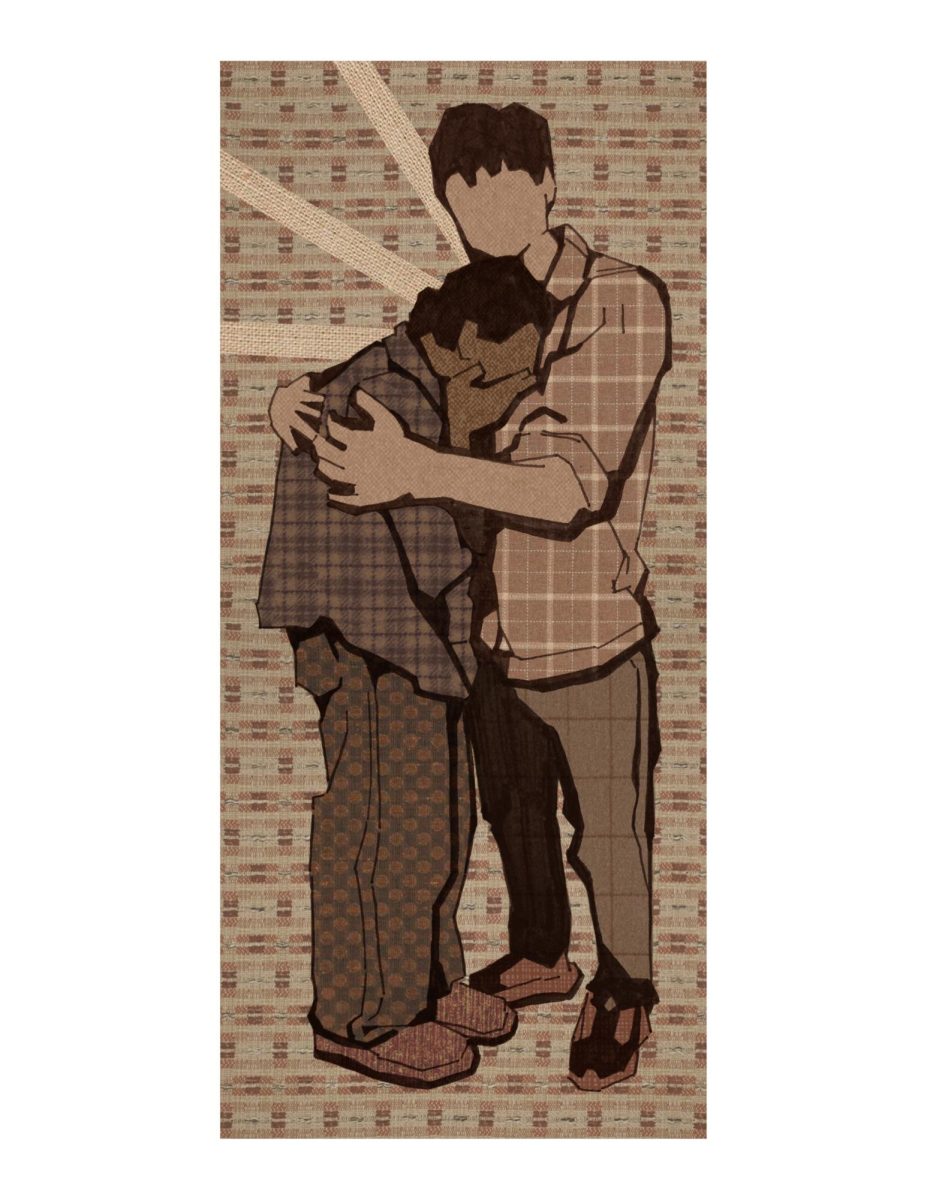
President Corey speaks at chapel on October 5, 2011 to kick off the Day of Prayer at Biola. | Hannah Caprara/THE CHIMES
I was invited to the opening reception, Cafecito, for the Multicultural Student Group, by Tamara Newman, associate director of multi-ethnic development and programs, during opening weekend. The room was full and the introductions animated. Around the room we went introducing ourselves, hearing from these new students to Biola. “Hi, my name is _ and I am from _.” “I’m __ and I am a __ major from __.” Hello, my name is __ and these are my brothers and my parents.” I listened for each name and hometown, family member and major. It was one of my highlights of our opening weekend.
Welcoming in biolans
When it came my time to say something, I briefly shared my deep joy in welcoming my new Christian brothers and sisters. I then mentioned something to the effect that we need to be a community where we embrace “the other.”
I knew what I meant, but I don’t think it came across that way. My words to some may have sounded like there is an “us” at Biola and there is an “other” at Biola. Using the word “other” outside of its context was a mistake, and I need to apologize and explain what I meant.
Referencing Paul
In my haste to speak, I did not reference my quoting Paul in Philippians 2. At Biola, I want to make sure every one of us keeps modeling unity and living in a way that is respectful of each other. As we do, we’re living the Philippians 2 way.
This is what we are to do in Paul’s string of imperatives, in verses 2-4:
- Be like-minded
- Share in the same love
- Be one in spirit and purpose
- Don’t do anything out of selfish ambition or vain conceit
- In humility consider others better than you are
- Look not only to your own interests, but also to each others’
So, how will the world know you are a servant of Christ? When you put the “others” in your life above yourself, caring deeply about their interests. What Paul was communicating to the Christians in that city of northern Greece, which also applies to this learning community in Los Angeles County, are six defining marks of a follower of Jesus.
Being a diverse and loving community
At Biola University, if we are going to be a community that is truly biblical, then we all need to learn to live in a loving community reflecting the unity and diversity of each other. And we need to put each other’s interests above our own. And that begins with getting to know each other well enough that we grasp what these interests are.
Students from diverse demographic backgrounds, whether suburban, urban, international or rural, need to know and embrace one another. Our Biola student community comes from diverse family structures, cultural backgrounds and ethnic groups that we all must seek to know, understand and embrace. Why do we do this? Because, as Hebrews 10:24-25 and Romans 12:4-8 charges, we are a “one another” community.
This is Philippians 2 living, living as Christlike servants. As we put each other’s interests above our own and as we consider others better than ourselves, we will have gone a long way toward biblically embracing the breadth of cultures God has called together at Biola University. As my dear brother and chapel speaker, Rev. Samuel Rodriguez, recently noted, Biola’s community is truly a kingdom culture representation.






